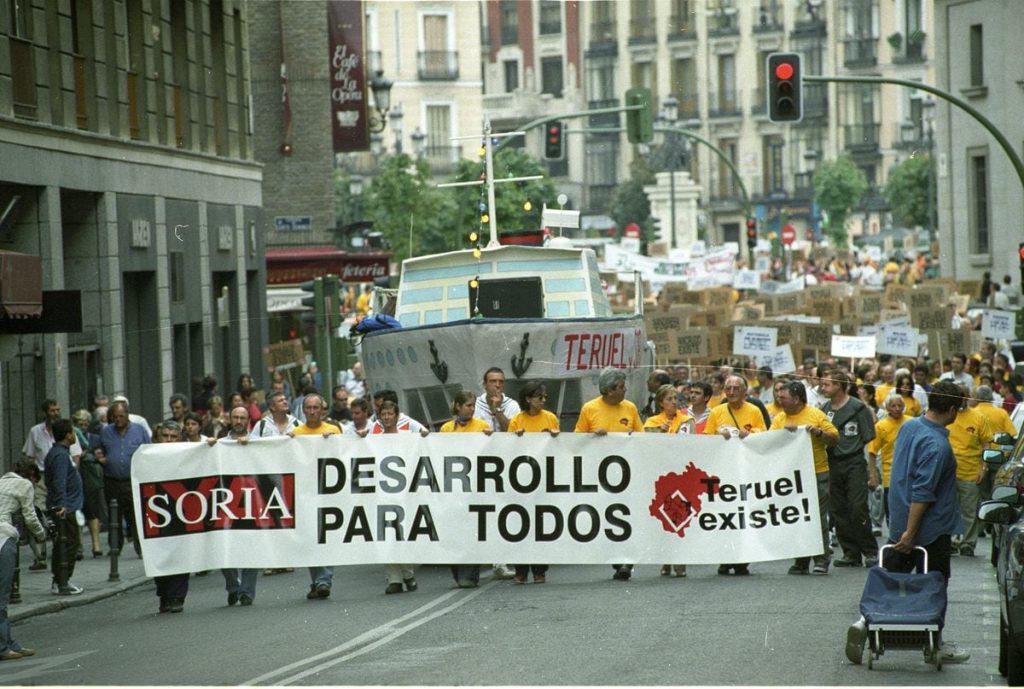In 2024, tractors took to the streets of Madrid, following in the footsteps of a movement that began five years earlier with the “Revolt of Emptied Spain.” This movement brought together agricultural workers to protest against the depopulation of rural areas. This led to the formation of political parties like Teruel Existe, which gained seats in various regional and national elections. However, internal divisions and changing social agendas led to the decline of these parties. Tomás Guitarte, a representative of Teruel Existe, became a voice for the demographically challenged regions, advocating for issues such as renewable energy and internet access in rural areas.
Despite initial success, these parties struggled to make a lasting impact in the face of changing political landscapes and other pressing global issues. The coronavirus pandemic and conflicts in Ukraine and the Middle East shifted public attention away from the issue of depopulation. Political conflicts within Spain, such as the rise of right-wing parties and independence movements, further complicated efforts to address the problem. The success of Soria ¡YA! in Castilla y León was overshadowed by their inability to effectively govern amidst alliances between larger political parties.
The Spain Vaciada movement faced challenges in gaining traction beyond a few key regions. Soria ¡YA! saw success in Castilla y León, but failed to expand their influence in other provinces. The lack of consistent messaging and organization, as well as alliances with individuals without a genuine connection to the depopulation issue, contributed to the movement’s struggles. Despite these setbacks, leaders like Ángel Ceña continue to advocate for greater attention to demographic challenges and the need for balanced development across Spain.
As the fifth anniversary of the movement approached, activists adopted the theme “Act for your town” in an effort to revitalize their cause. However, with limited public support and competing priorities, the movement faced an uphill battle in maintaining momentum. Internal divisions and a lack of cohesive strategy hindered their ability to make a lasting impact. Moving forward, leaders like Guitarte and Ceña acknowledge the need for greater unity and focus in order to effectively address the complex issue of depopulation in Spain.
In the midst of ongoing political and social challenges, the Spain Vaciada movement continues to push for greater awareness and action on issues of depopulation and rural neglect. Despite facing setbacks and internal divisions, activists remain committed to their cause and are working towards a more coordinated and effective approach. With the support of dedicated leaders like Guitarte and Ceña, the movement seeks to mobilize support and bring attention to the urgent need for sustainable development and investment in Spain’s depopulated regions.


